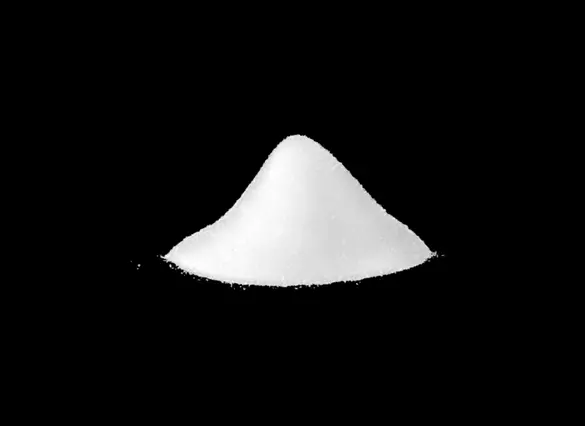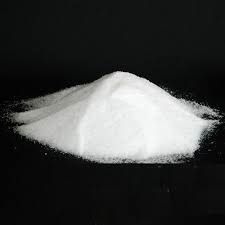Polyvinyl Alcohol (24-88) - China
|
IUPAC Name |
: Ethenol, Vinyl Alcohol |
|
Cas Number |
: 9002-89-5 |
|
HS Code |
: 3905.30.00 |
|
Formula |
: (CH2CHOH)n |
Basic Information
|
Appearance Name |
: White or Slight Yellow Powder/Granular Solid |
|
Common Names |
: Polyethenol, Ethenol Homopolymer |
|
Packaging |
: 25 Kgs Bags |



